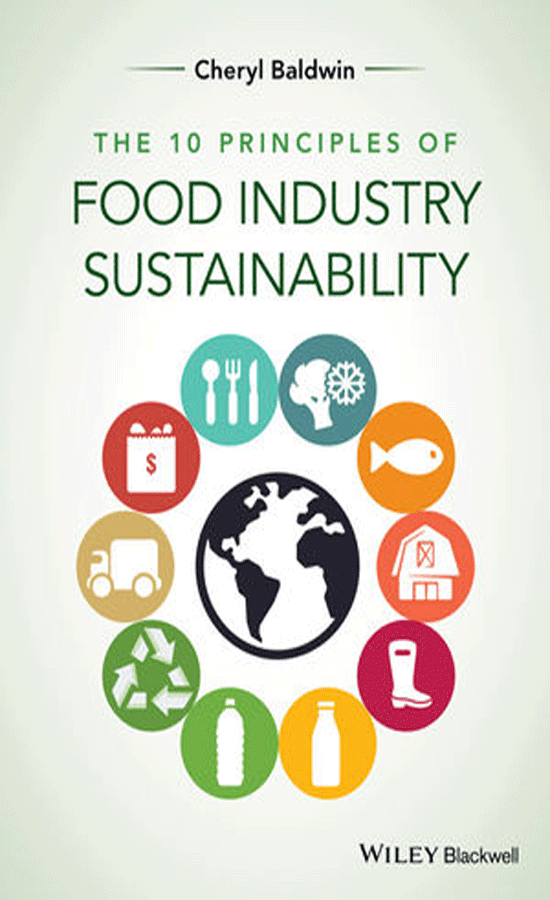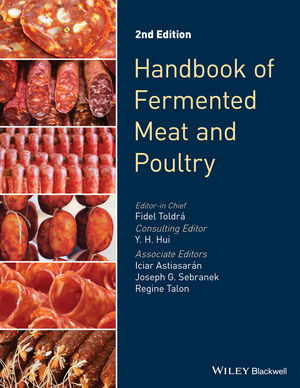GRSB releases global principles and criteria for sustainable beef
The Global Roundtable for Sustainable Beef (GRSB)announced today that its membership has overwhelmingly approved global Principles and Criteriafor defining sustainable beef and sustainable beef production practices. Members of the global beef community, including representatives from every segment of the supply chain, have worked on this collaborative effort for more than a year-and-a-half to identify and define the core principles for sustainable beef production and delivery.
“Arriving at a common definition, which includes five core principles and detailed criteria for sustainable beef, has been a difficult task and one which took a lot of hours and a great deal of negotiation,” said Ruaraidh “Rory” Petre, GRSB executive director. “Our members are to be commended for their commitment to finding common ground and identify a clear path forward as we work to improve the sustainability of the global beef chain.”
GRSB defines sustainable beef as a socially responsible, environmentally sound and economically viable product that prioritizes Planet (relevant principles: Natural Resources, Efficiency and Innovation, People and the Community); People (relevant principles: People and the Community and Food); Animals (relevant principle: Animal Health and Welfare, Efficiency and Innovation); and Progress (relevant principles: Natural Resources, People and the Community, Animal Health and Welfare, Food, Efficiency and Innovation).
“The passage of a global definition for sustainable beef is truly a momentous achievement, not only for GRSB members, but for the entire global beef value chain,” said Cameron Bruett, GRSB president. “This definition provides a common platform and consistent approach to discuss the economic, social and environmental issues we face irrespective of the region of the world one might be located.”
Defining sustainable beef and beef production practices has required the dedication of GRSB members and external experts from each sector of the beef production chain, from cow-calf producers to retailers. GRSB’s unique approach also included input from representatives of several non-governmental organizations, civil society, processors, allied industry and regional roundtables throughout the value chain. Bruett pointed out that more than 96 percent of the GRSB General Assembly members voted in favor of the definition, principles and criteria. Every one of the five constituencies – producer, commerce and processing, retail, civil society, and regional and national roundtables voted to approve the definition.
“GRSB’s definition provides clarity to discussions about sustainability that have been nebulous in the past,” said Bruett. “It is our expectation that the Principles and Criteria will better enable members of our value chain to discuss beef sustainability clearly and identify the next steps in our collective journey of continuous improvement. If we are successful, each one of these steps will ultimately build consumer trust in our production practices, our products and our positive contributions to society.”
Bruett says the next steps for GRSB will include working with regional and national roundtables to identify areas where improvements and efficiencies can achieved. He also explained that nothing about GRSB’s work was meant to create a standard or mandate for how beef should be produced in any region or country.
“We know that mandated practices or a single, ‘one-size-fits-all’ approach to beef production will not work for our members around the globe,” said Bruett. “Instead, it is our intention to work with the regional and national roundtables as they identify locally-focused solutions to meet the unique challenges they face in their region. We view our work as an exercise in empowerment, where people on the ground, who have a vested interest in the success of their industry, their ecosystem and their community can achieve results that are relevant locally and meaningful globally.”
“Sustainable beef production practices such as lean finely textured beef ensure that there’s quality lean beef available in a time of growing global demand and tightening domestic supply, while at the same time limiting beef productions overall environmental footprint,” said BPI executive Nick Roth. “As a Commerce & Processing Constituency member of the GRSB, BPI is committed to advancing the efforts of sustainable beef practices. By working with industry leaders and environmental groups to establish the Principles and Criteria framework, we now have a commitment from stakeholders towards a goal of continuous improvement in a wide range of environmentally friendly and sustainable beef production relevant issues.”
Sources: GRSB, BPI
Looking for a reprint of this article?
From high-res PDFs to custom plaques, order your copy today!







